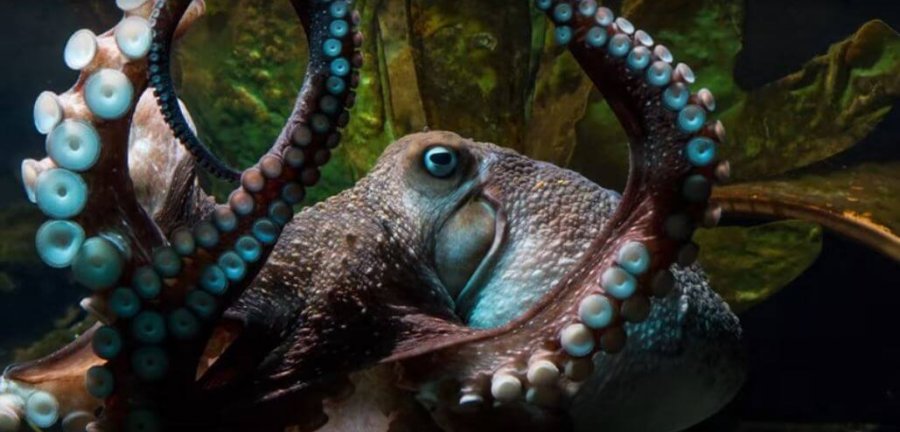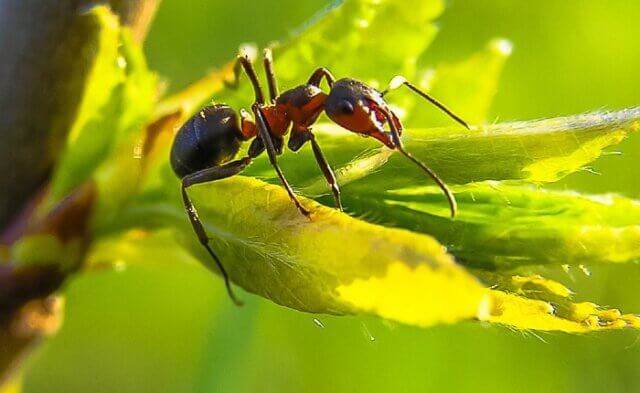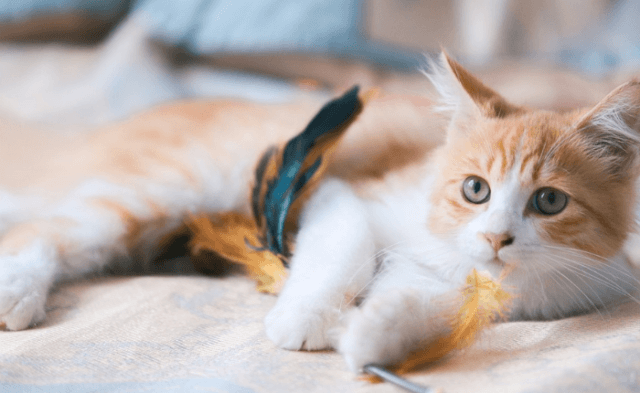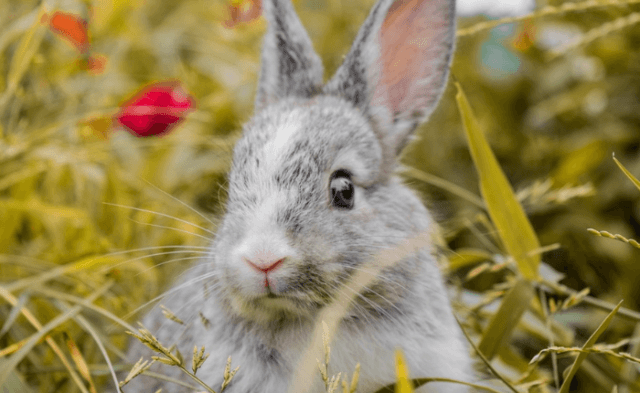We all know that eating animals is bad for our health, but eating octopuses takes this problem to an all-new level. That’s because some restaurants are chopping up and serving live octopuses to their customers—and the suction cups on the animals’ still-wriggling limbs can stick inside diners’ throats, causing them to choke! The octopus’s heart keeps beating as the animal writhes and slowly dies on the dinner plate. This dubious “delicacy” is showing up on restaurant menus around the globe, especially in Asia. These fascinating and highly intelligent sea dwellers don’t belong on any menu.
Octopuses are remarkable animals. They and other cephalopods (such as squid and cuttlefish) are masters of camouflage and can change colors and the patterns on their bodies to blend seamlessly into the background. Octopuses decorate their dens with bottle caps, stones, and other objects that they find on the ocean floor. And they’re so smart that they can learn how to do things such as unscrew jars by watching someone else do it—once! Most of an octopus’s neurons are in the animal’s arms, and studies have shown that even after octopuses are cut up or euthanized, their arms still react to stimuli around them. For example, if an octopus’s severed arm finds food, the arm will pick the morsel up and move it in the direction of where the mouth would be.
Octopuses are so intelligent that a chain of aquariums in the U.K. is now asking people to stop eating them, and they are considered “honorary vertebrates” under British law. The EU’s European Food Safety Authority concluded that octopuses and other cephalopods are also capable of experiencing pain and distress and are worthy of legal protection.
Eating out shouldn’t be a blood sport. If you walk into a restaurant serving live octopuses, speak up. You can also help octopuses and all animals every day by eating healthy, plant-based vegan foods. Take the pledge to go vegan today, and start saving animals at every meal!





